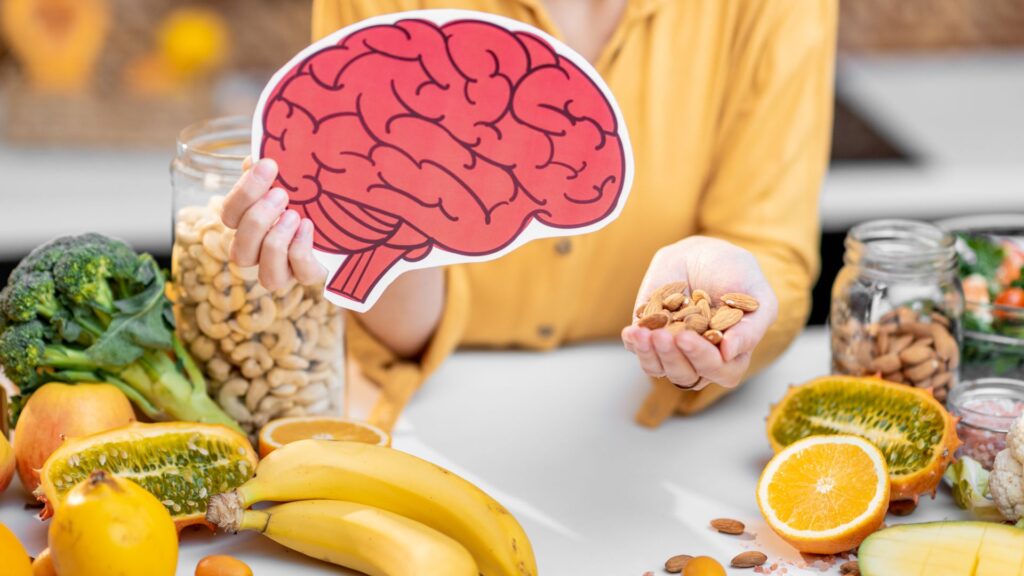When it comes to our overall well-being, one organ that plays a critical role is our brain. Taking care of our brain health is essential for cognitive function, memory retention, and overall mental well-being. While there are many factors that influence brain health, one significant aspect is our diet. In this article, we will explore the best brain food for brain health, including essential nutrients and a brain-boosting diet.
Understanding the Brain
Before diving into the best brain food for brain health, it’s important to understand the significance of brain health itself. The brain is a complex organ that controls various bodily functions and processes information. Maintaining optimal brain health is crucial for enhancing cognitive abilities, improving focus, and reducing the risk of age-related cognitive decline.
The Importance of Brain Health
Our brain requires proper nourishment to function optimally. A healthy brain not only aids in cognitive performance but also contributes to emotional well-being. By adopting a healthy brain food diet, we can provide the essential nutrients needed for optimal brain function.
Nutrients Essential for Brain Health
Certain nutrients are particularly beneficial for brain health. Including these nutrients in our diet can help support cognitive function and protect against age-related cognitive decline.
Omega-3 Fatty Acids
Omega-3 fatty acids, found abundantly in fatty fish like salmon and sardines, are crucial brain food for brain health. These fatty acids help build brain cell membranes, improve brain plasticity, and reduce inflammation in the brain.
Antioxidants
Antioxidants, such as those found in colorful fruits and vegetables, protect the brain from oxidative stress and free radicals. Berries, in particular, like blueberries, are rich in antioxidants and have been linked to improved brain health.
B Vitamins
B vitamins, including B6, B12, and folate, play a vital role in maintaining brain health. They support the production of neurotransmitters, which are essential for proper brain function. Foods rich in B vitamins include leafy greens, legumes, and fortified cereals.
Vitamin D
Vitamin D is important for brain health and has been associated with cognitive performance. Sunlight exposure and fatty fish like tuna and mackerel are excellent sources of vitamin D.
Iron
Iron is necessary for transporting oxygen to the brain. Iron-rich foods such as lean meats, spinach, and beans can help maintain optimal brain function.
Brain Food That Boost Brain Health
Including specific foods in our diet can significantly contribute to brain health and cognitive function. Here are some examples:
Fatty Fish
Fatty fish, such as salmon, trout, and mackerel, are excellent sources of omega-3 fatty acids. These fatty acids are crucial for brain health and have been shown to improve memory and cognitive abilities.
Blueberries
Blueberries are packed with antioxidants that protect the brain from oxidative stress and inflammation. Regular consumption of blueberries has been linked to improved memory and delayed brain aging.
Turmeric
Turmeric contains a compound called curcumin, which has powerful anti-inflammatory and antioxidant properties. It may enhance brain health by reducing inflammation and oxidative stress.
Broccoli
Broccoli is rich in antioxidants and contains compounds that have been shown to support brain health. It is also a good source of vitamin K, which is essential for brain function.
Pumpkin Seeds
Pumpkin seeds are a nutritious snack packed with antioxidants, magnesium, iron, zinc, and copper. These nutrients support brain health and contribute to improved cognitive function.
The Mediterranean Diet and Brain Health
The Mediterranean diet is known for its positive impact on overall health, including brain health. It emphasizes whole foods, such as fruits, vegetables, whole grains, legumes, nuts, and healthy fats like olive oil.
What is the Mediterranean Diet?
The Mediterranean diet is inspired by the traditional dietary patterns of countries bordering the Mediterranean Sea. It focuses on whole, unprocessed foods and includes moderate amounts of fish, poultry, dairy, and red wine in moderation.
Benefits for Brain Health
Studies have shown that following a Mediterranean-style diet can improve cognitive function, reduce the risk of Alzheimer’s disease, and slow down age-related cognitive decline. This diet is rich in antioxidants, healthy fats, and nutrients that support brain health.
Hydration and Brain Function
Proper hydration is often overlooked but plays a crucial role in brain function. Even mild dehydration can impair cognitive performance, attention, and memory. Staying adequately hydrated by consuming water and hydrating foods is essential for optimal brain function.
Avoiding Foods Harmful to Brain Health
In addition to consuming brain-boosting foods, it’s important to avoid or limit certain foods that can negatively impact brain health.
Processed Foods
Processed foods, such as fast food, sugary snacks, and pre-packaged meals, are often high in unhealthy fats, added sugars, and artificial additives. These foods can lead to inflammation, oxidative stress, and negatively affect brain function.
Added Sugars
Excessive consumption of added sugars, commonly found in sugary beverages, pastries, and candies, has been linked to cognitive decline and impaired memory.
Trans Fats
Trans fats, commonly found in fried foods, processed snacks, and commercially baked goods, are associated with increased inflammation and a higher risk of cognitive impairment.
Lifestyle Factors for Brain Health
Apart from a brain-healthy diet, certain lifestyle factors also contribute to optimal brain health.
Regular Exercise
Engaging in regular physical exercise has been shown to enhance cognitive function, improve memory, and reduce the risk of cognitive decline.
Quality Sleep
Adequate and quality sleep is essential for brain health. It supports memory consolidation, cognitive performance, and overall mental well-being.
Stress Management
Chronic stress can have detrimental effects on brain health. Practicing stress management techniques such as meditation, mindfulness, and engaging in relaxing activities can promote brain health.
Putting It All Together: Creating a Brain-Healthy Diet
To create a brain-healthy diet, focus on incorporating a variety of nutrient-rich foods. Include fatty fish, colorful fruits and vegetables, whole grains, lean proteins, nuts, seeds, and healthy fats like olive oil. Avoid or limit processed foods, added sugars, and trans fats for optimal brain health.
Conclusion
Taking care of our brain health is essential for overall well-being and cognitive function. By incorporating brain-boosting foods, following a Mediterranean-style diet, staying hydrated, and adopting a healthy lifestyle, we can support optimal brain function and reduce the risk of age-related cognitive decline.
FAQs
Q1: Can certain foods improve memory and cognitive function?
A1: Yes, certain foods like fatty fish, blueberries, and turmeric have been linked to improved memory and cognitive abilities.
Q2: Is the Mediterranean diet suitable for brain health?
A2: Yes, the Mediterranean diet is known for its positive impact on brain health due to its emphasis on whole foods, healthy fats, and antioxidants.
Q3: How important is hydration for brain function?
A3: Proper hydration is crucial for optimal brain function. Even mild dehydration can impair cognitive performance and memory.
Q4: Should I avoid processed foods for brain health?
A4: Yes, processed foods often contain unhealthy fats, added sugars, and artificial additives that can negatively impact brain health.
Q5: Are lifestyle factors important for brain health?
A5: Yes, regular exercise, quality sleep, and stress management are vital for maintaining optimal brain health.





